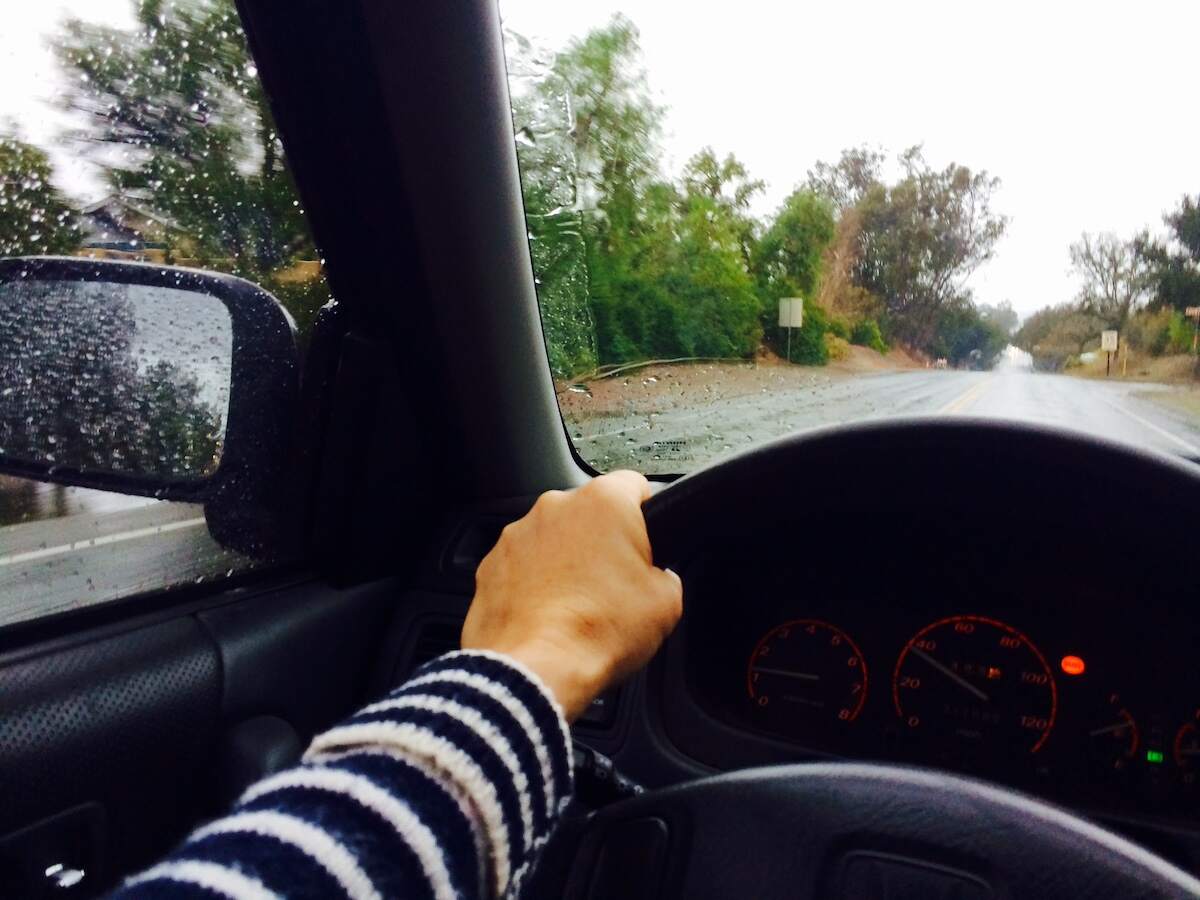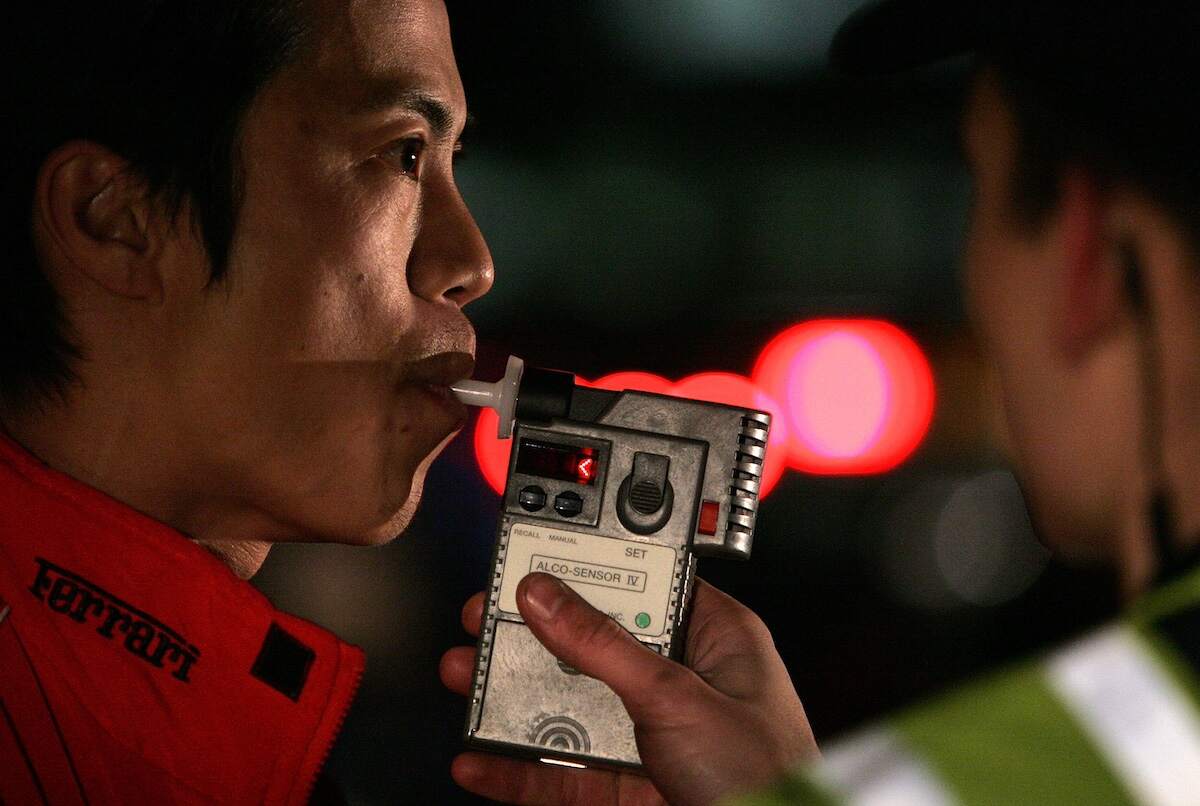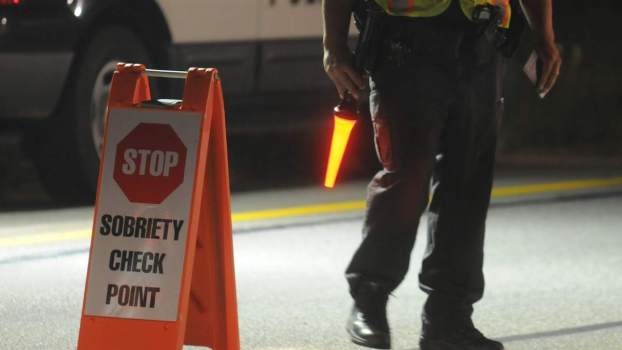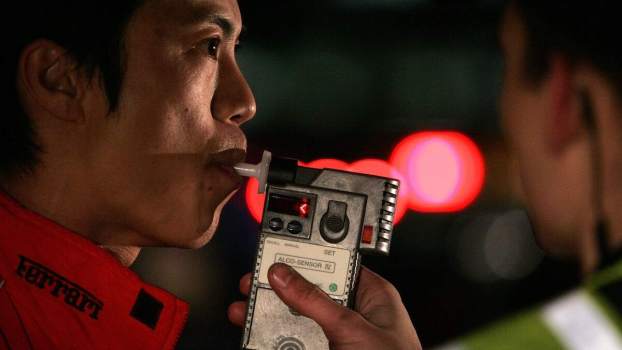
Is It Safe to Drive After Taking Cough Syrup and Other Cold Medicines?
Car safety is one of the most critical aspects of driving. Especially during cold and flu season, people should know whether it’s safe to drive after taking cough syrup and other cold medicines. That applies to not only prescription drugs but also over-the-counter remedies. Various factors can impact road safety, so it’s important to know how medication can impair drivers.
Why do some cough and cold medicines make you drowsy?

The active ingredients in certain cold and flu medicines block or weaken some brain functions. For instance, the brain produces histamine, and some cough and cold medicines have antihistamines. These drugs could make you drowsy or dizzy. For example, the following name-brand remedies contain antihistamines:
- Dimetapp (brompheniramine)
- Nyquil (doxylamine)
- Sudafed Plus (chlorpheniramine)
Meanwhile, some cough medications have dextromethorphan as the active ingredient. This cough suppressant can cause drowsiness. Dextromethorphan is found in various name-brand cough medicines, including:
- Delsym
- Mucinex
- Robitussin
- Tylenol
Another drug that treats congestion is guaifenesin, also found in the above brands. This expectorant helps loosen mucous to make coughs more productive. According to the Mayo Clinic, guaifenesin can cause dizziness, although that side effect is uncommon. Regardless, people react differently to drugs.
Is it safe to drive on cough syrup and other cold and flu medicines?

Depending on the ingredients, it’s not always safe to drive after taking cough syrup or other cold and flu medicines. Check with your doctor first, and read the drug’s labeling and packaging instructions. They have crucial information about the proper dosage and side effects that could make driving dangerous, such as drowsiness and dizziness. The labels also have warnings about operating heavy machinery, including cars.
As for the legalities, most states don’t have laws that directly address drowsy driving. There are only two states with drowsy driving laws. New Jersey enacted a drowsy driving law in 2003. Arkansas followed a decade later in 2013. The official language of the laws in both states makes it illegal to knowingly operate a vehicle while fatigued. The regulations define “fatigued” as “being without sleep for a period in excess of 24 consecutive hours.”
The wise thing to do is to become aware of how medications can affect your ability to focus and make sound judgment calls before driving. That way, you’re not caught off-guard by a side effect. Besides making you drowsy or dizzy while driving, medications can also cause blurred vision and nausea. Those symptoms could put everyone on the road at risk because they impair driving ability.
Can you get drunk on cough syrup?
Because drunkenness causes impairment, it’s common to wonder if a person can get drunk on cough syrup. The simple answer is yes. As previously mentioned, many over-the-counter cough medicines have the cough suppressant dextromethorphan as their active ingredient. It can cause impairment similar to alcohol intoxication. In fact, some people intentionally consume cough syrup containing dextromethorphan to feel high.
It’s also important to note that some prescription cough suppressants have promethazine and codeine. These relatively strong ingredients can cause side effects such as confusion and disorientation. More severe impairment can occur if these drugs are abused.
Can you fail a breathalyzer test because of cold medicine?

Law enforcement officers use breathalyzer tests to measure a driver’s blood alcohol level to determine if they have consumed more than the legal limit. However, certain factors can affect the reading from a breathalyzer test. Namely, some cold and flu medications containing alcohol can cause you to fail a breathalyzer test. This is another reason why it’s necessary to know the ingredients in cold medicines and avoid exceeding the recommended dosage.
Drowsy driving is a dangerous activity that can be easily prevented. It’s important to refrain from driving while taking medications that could affect your safety on the road. Additionally, be careful when using multiple medicines because their interactions could cause other reactions. Most important, never be afraid to ask a medical professional if it’s safe to drive while using them.





